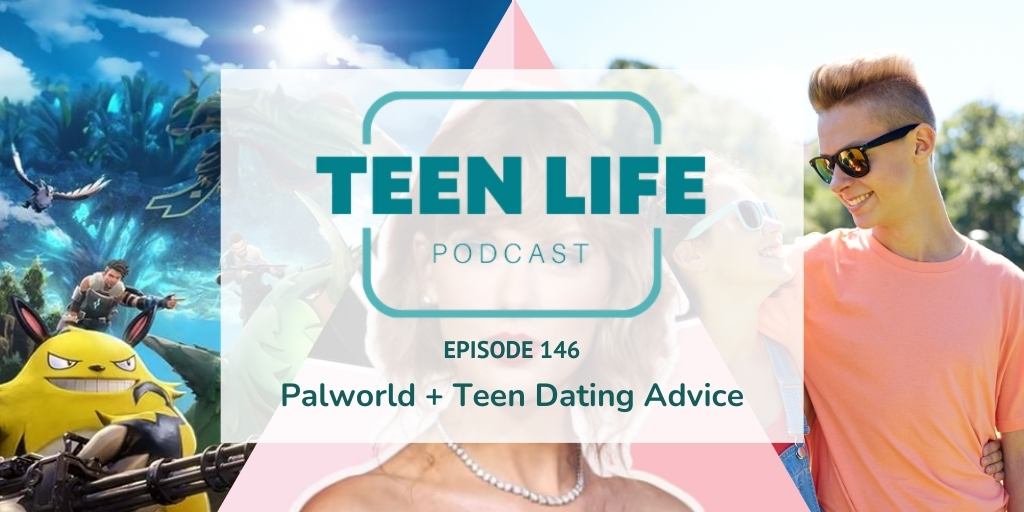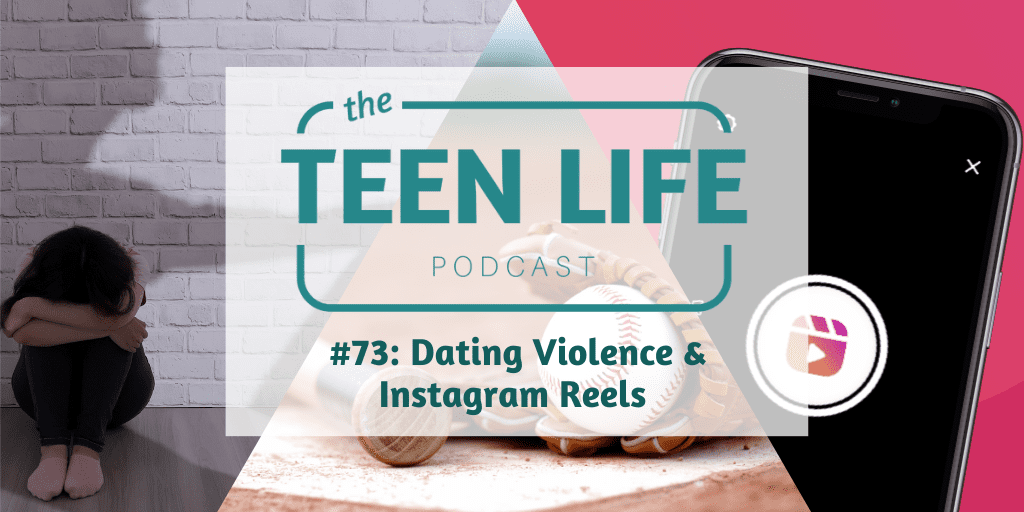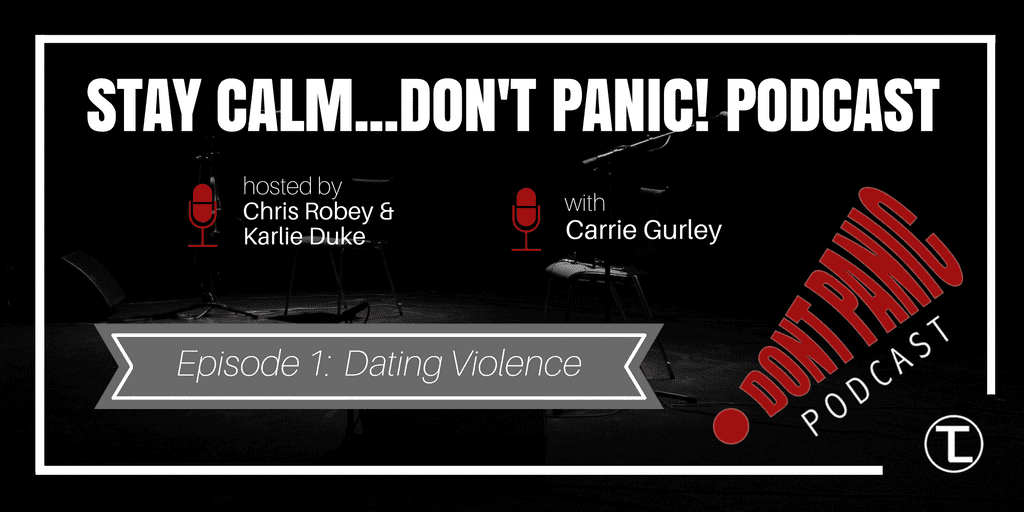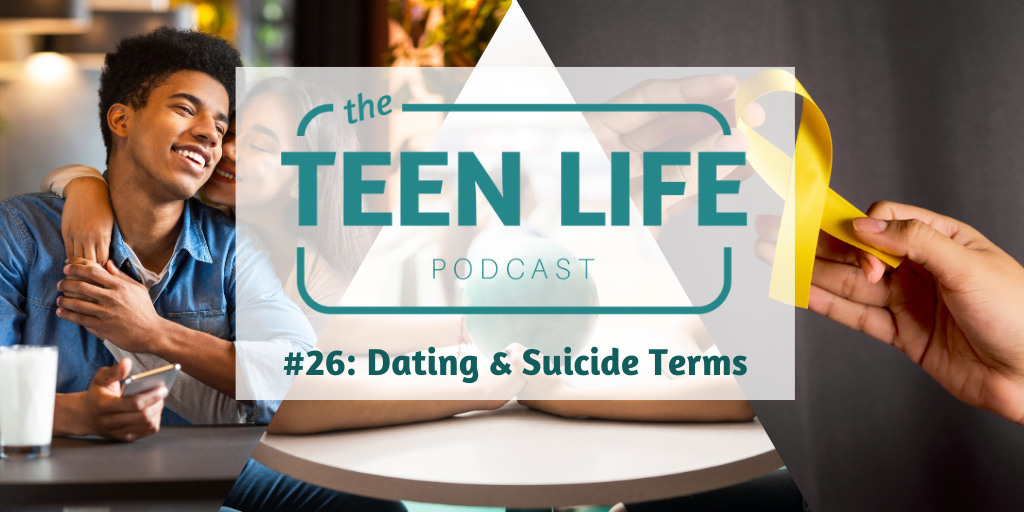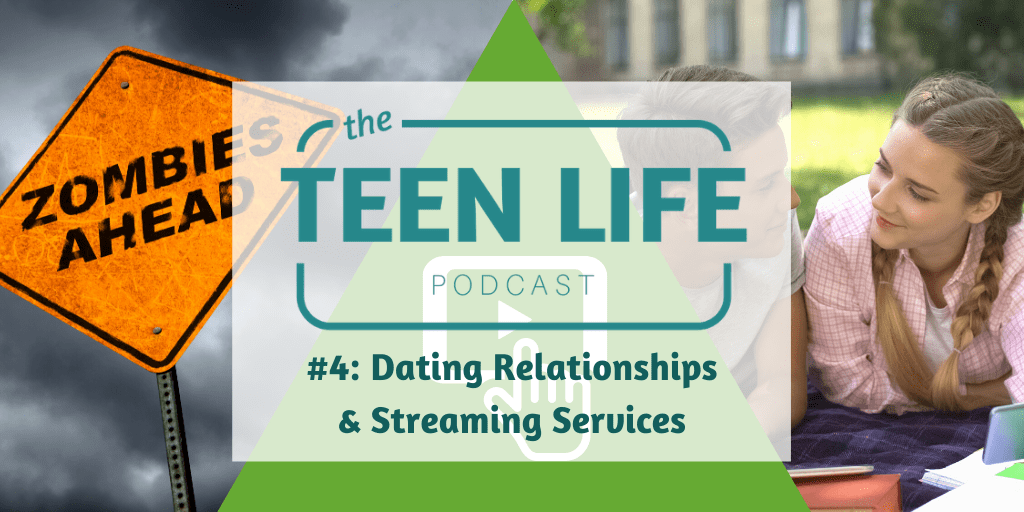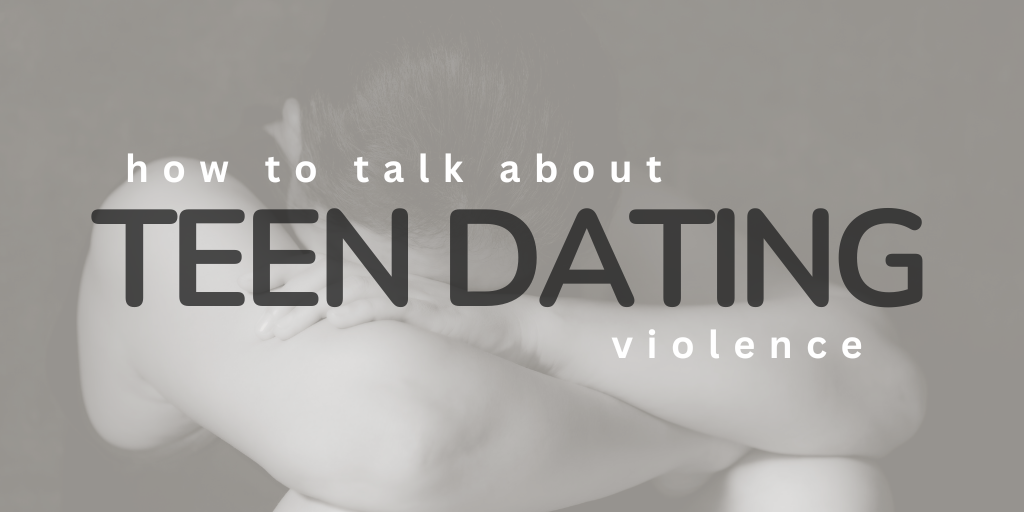
How to Talk about Teen Dating Violence
What do you know about teen dating violence?
Teen dating violence (TDV) is a serious issue that affects millions of young people and deserves our attention, empathy, and action. February is Teen Dating Violence Awareness Month and serves as a critical reminder of the impact of abuse and the importance of healthy relationships.
Teen dating violence refers to physical, emotional, sexual, or psychological abuse in a dating relationship. It can happen to anyone, regardless of gender, sexual orientation, or background.
This type of abuse is often unnoticed as it is associated with “normal” relationship struggles, making it harder to recognize and address.
The statistics surrounding teen dating violence are daunting.
According to the National Domestic Violence Hotline, nearly 1 in 3 adolescents in the U.S. will experience some form of physical, emotional, or sexual abuse in a dating relationship before they reach adulthood.
Teen Dating Violence Awareness Month was established in 2010 by Congress as a means of bringing awareness to this pressing issue and stopping violence before it starts.
Lamar High School, a Teen Life campus in Arlington ISD, recognized that many of their students did not have an understanding of what makes a relationship healthy or unhealthy.
In an effort to spread awareness and show students that they deserve to be in a healthy relationship, they started Teen Dating Violence Awareness Week. Stephanie Jurgens, a Licensed Clinical Social Worker in Arlington ISD, shared more about the efforts at Lamar and painted a picture of what the week looks like.
One of the biggest impacts we see from this week of awareness is how students use the information they learn to help someone they know in an unhealthy relationship. Many of them will come talk to me after learning more to try to get help for a friend or someone in an unhealthy relationship might seek help. Making this a topic that is discussed openly has led to many students (and staff) feeling that they have a voice to speak about their own experience.
It’s vital to educate teens about healthy relationships and the signs of unhealthy relationships.
Creating a safe space where open conversation can happen- whether with a parent, coach, teacher, or counselor- can encourage teens to come forward and reach out for help if they are experiencing abuse.
One of the things we stress to students is to talk with a trusted adult and we give them specific people on campus they can talk with. It is common for people to not tell anyone when they are in an unhealthy relationship and we encourage them to speak up for themselves and others.
We had a guest speaker a few years ago who spoke about their personal experience. Afterward, a young male student came to talk with the guest speaker, Cindy, and me about a relative being in an unhealthy relationship with her boyfriend. He was really worried for this person and we were able to give him some pointers on talking with the relative and some resources/hotlines the relative could call.
It is important to know the resources available and how to get help.
National hotlines, online chat services, and local organizations are invaluable resources that offer confidential support.
Stephanie said that her favorite resource is Loveisrespect.org. They have hotline numbers you can call or text as well as quizzes that students can take for free to see if their relationship is healthy or unhealthy.
Her school also gives out local resources such as Safe Haven and the local police department.
The goal of Teen Dating Violence Awareness Month isn’t just to raise awareness but to inspire action.
By teaching teens about healthy relationships and offering them the resources and support they need, we can help break the cycle of violence.
The ultimate goal is to create a culture where abusive behaviors are not tolerated and where every teen can experience love and respect in their relationships.
If you or someone you know is in an abusive relationship, there are resources available to help.
National Domestic Violence Hotline: 1-800-799-SAFE or thehotline.org
Loveisrespect.org: Text “LOVEIS” to 22522 or visit the website for resources.

Lara Precure
Volunteer Coordinator
Lara Precure | Volunteer Coordinator
It is one of Lara’s greatest desires to see teens come to know their inherent value and walk in the wholeness of who they were created to be. As the Volunteer Coordinator, Lara equips and supports our volunteers as they walk alongside teens in support groups. She holds a Bachelor's Degree in Social Work from Baylor University and a Master's in Social Work from The University of Texas at Arlington.
